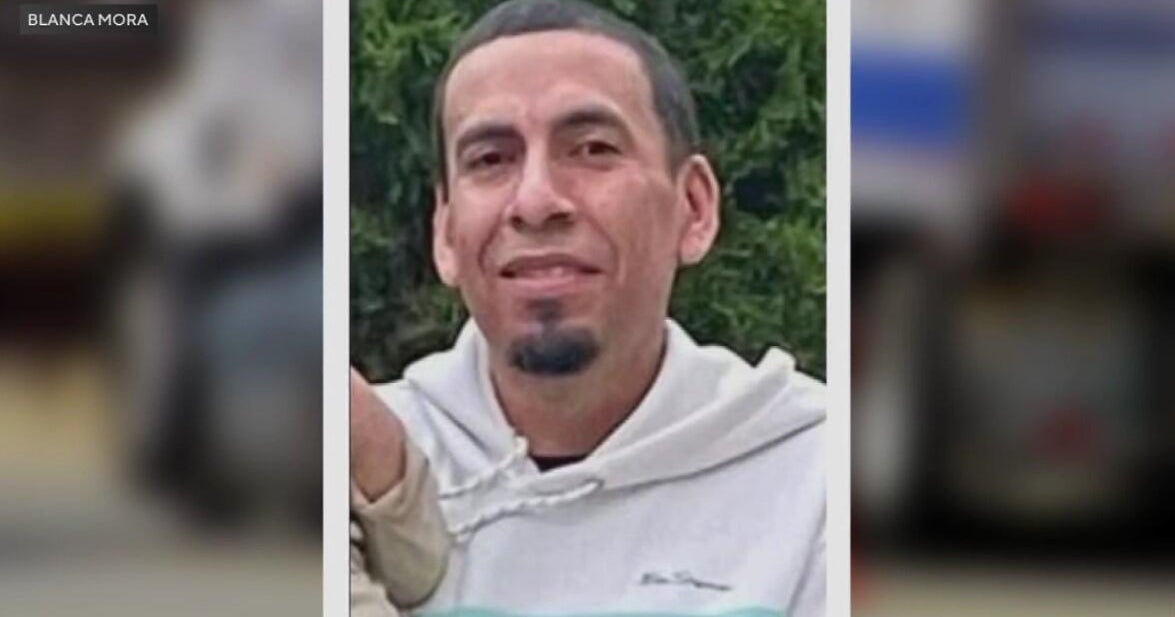Texas church shooter was intent on "maximum lethality," former FBI profiler says
After a gunman opened fire Sunday at a church and killed 26 people, Texas investigators revealed there had been a "domestic situation" between the shooter and his mother-in-law, who sometimes attended the church. Before the shooting, Devin Patrick Kelley had sent the woman threatening texts.
But according to former FBI profiler May Ellen O'Toole, his motivation appears to have gone beyond attacking his mother-in-law, who was not there at the time. At the scene of the deadliest shooting in state history, law enforcement collected hundreds of shell casings, 15 magazines with 30 rounds each.
"It tells me that he was really mission-oriented and that his intent was for maximum lethality, and when someone is intent on maximum lethality because they want to kill as many people as they can, engaging in that behavior makes them feel powerful," O'Toole said Tuesday on "CBS This Morning." "It makes them feel omnipotent. It underscores their predatory behavior, so their intent was far beyond just killing a single person."
Kelley had a history of domestic violence. U.S. Air Force records show Kelley was court-martialed in 2012 for assaulting his then-wife and young stepson, whose skull he fractured. A new report based on FBI data shows that 54 percent of mass shootings are related to domestic or family violence, and in 42 percent of the cases, the gunman showed warning signs. But O'Toole, director of the forensic science program at George Mason University, says "domestic violence is not a predictor for mass homicide."
"There are many people who do engage in domestic violence, they never go on to become mass killers. But because it's prominent in a number of cases that we've seen over time, it really does need to be considered as perhaps one of the warning behaviors that we already know about," O'Toole said.
She also said there are other factors that can provoke people to go forward with a mass shooting, but in her experience, that appears to be "more personality-based than it does based on domestic violence."
O'Toole said there are certain warning signs to watch out for. A person may be talking directly or indirectly about what they plan to do before things get violent.
"Their behavior changes. They become obsessed with other mass killers. They begin to change their pattern of behaviors so they're either amassing more firearms or they're going out and practicing," O'Toole said. "So it's a collective set of behaviors that they display beforehand, and unfortunately, law enforcement may not be in their living room watching that behavior as it evolves. It becomes imperative that someone within the family who observes it comes forward to law enforcement because it's observable behavior. But oftentimes what happens is that family members or friends will begin to normalize it or try to handle it themselves, and it becomes uncontrollable behavior."



